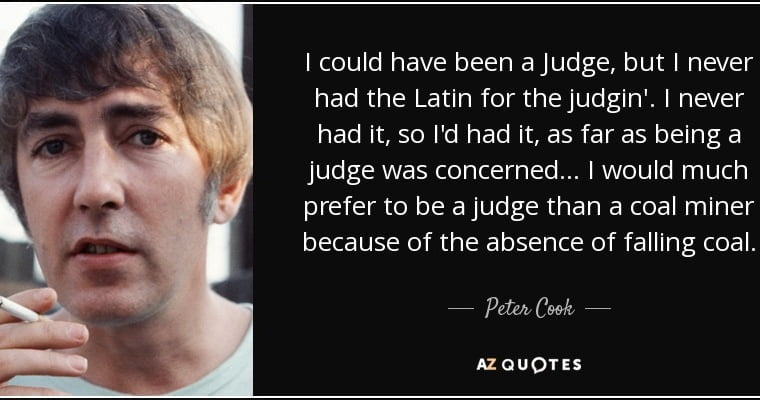Curious about the people behind the emails and phone calls? Ever wondered what it takes to pursue a career in the translation industry? In our Meet the Team series, we introduce you to the Business Language Services (BLS) team, giving you a closer look at their roles and how they contribute to the success of the team.
This time we meet our Office Manager, Maddy.


- Can you introduce yourself and describe your current role?
My name is Madeleine Phillips, though I usually go by Maddy. My role as Office Manager involves oversight of all incoming translation, interpreting and language-training requests, ensuring that they’re picked up and handled in a timely manner by our project management team. I’m on hand to approve costings and give advice for larger or more complex projects, and I also step in and act as a project manager when we’re short-staffed due to absence. I oversee our ISO 9001 certification, ensuring that each stage of all our processes complies with our stringent quality-management system, and I make sure that project managers have all the resources they need to carry out their roles to the best of their ability.
- What languages do you work with and how have you developed proficiency in them?
My main languages are French and Spanish, and I developed proficiency in these through my BA at Cardiff University. While working for a previous employer, I undertook an intensive, one-to-one course to bring my German language skills up to proficiency. I have some knowledge of other languages, such as Italian and Russian, through tuition, which helps with many aspects of my day-to-day role.
- What was your background before this role, and how did it prepare you for your current position?
My first job after graduating was as a translation proofreader for a large translation agency. The training and experience I gained there was invaluable in developing an eye for detail. I’ve also worked as a receptionist, a prescription clerk, a legal assistant and a financial researcher. All of these roles have given me skills that I can use in my current role, from customer service to IT skills.
- Were there any specific experiences (e.g., study abroad or previous jobs) that helped prepare you for this role?
As part of my semester abroad in France, I studied a high-level grammar module, which dramatically improved my linguistic skills in all my languages. My work as a prescription clerk also provided invaluable knowledge about medication, which I use today when translating or reviewing medical and pharmaceutical texts.
- Can you walk us through a typical day at BLS?
A typical day starts with checking email inboxes, client portals and call logs against our internal dashboard to ensure that all enquiries have been assigned to a project manager. I will log and answer any enquiries that have come directly to me and take on work from the shared pool if I am covering absences.
As the day progresses, I will raise invoices for completed work, monitor office supplies, check timesheets, type up and sign any meeting notes, and answer any queries from the project managers, among other things. I will respond to and action any internal issues raised with me.
Before logging off, I will ensure that no enquiries remain outstanding.
- What’s the best part of your job?
The best part of my job is completing the final check on and delivering a large project for a valued client, after working with my colleagues to ensure that the client’s requirements and our high standards have been met.
- What are some of the biggest challenges you face in the industry?
The biggest challenge facing us is, in my opinion, a misunderstanding of machine translation. At BLS, we’re well versed in Computer-Assisted Translation (CAT) tools and regularly make use of them to improve costs and turnaround times for our clients. A problem arises, however, when people don’t use the best CAT tools available on the market. I can completely understand why people do this: there are increasing pressures across all industries to cut costs, and translation is an alien concept to many. However, use of sub-standard artificial intelligence or machine translation can lead to higher costs in the long run, as a result of multiple printing runs when mistakes are identified, damaged client trust through sub-standard translations, or, worse, harm to the public through incorrect or misleading translations. It is always advisable to consult a translation expert before commencing a translation project, even if you don’t eventually contract their services.
- What advice would you give to someone considering a role like yours? Are there any particular skills that are essential for a successful career in translation?
My principal piece of advice would be to read as widely and as often as possible, gaining knowledge about as many sectors as possible. Translation is a far-reaching profession, and life as a translator requires learning about many varied industries. IT skills are also essential to succeed in the translation industry: the more comfortable you are with technology, the easier you’ll find it to succeed as a linguist and/or project manager.
To find out more about the BLS team, visit https://businesslanguageservices.co.uk/meet-the-team/.
Interested in working with us? Visit https://businesslanguageservices.co.uk/work-for-us/.

